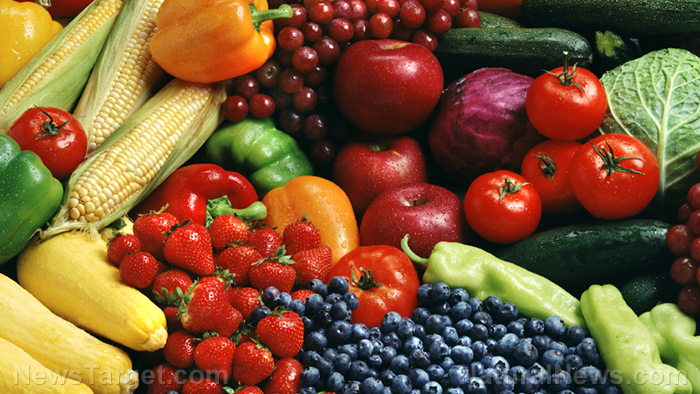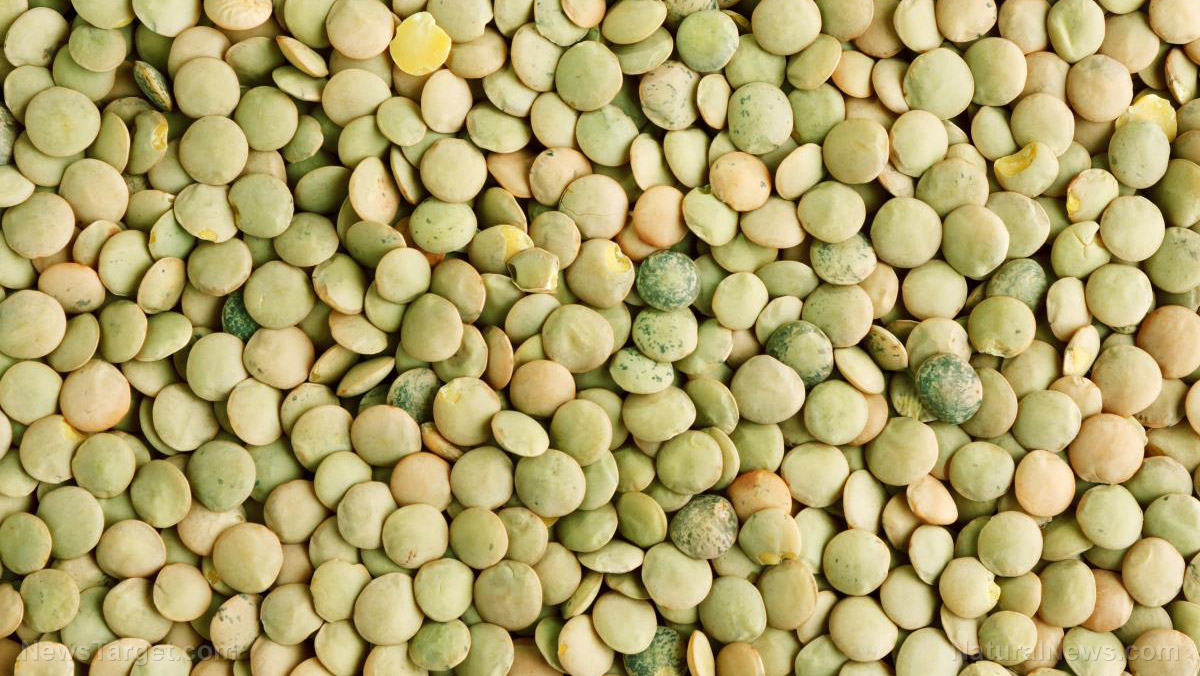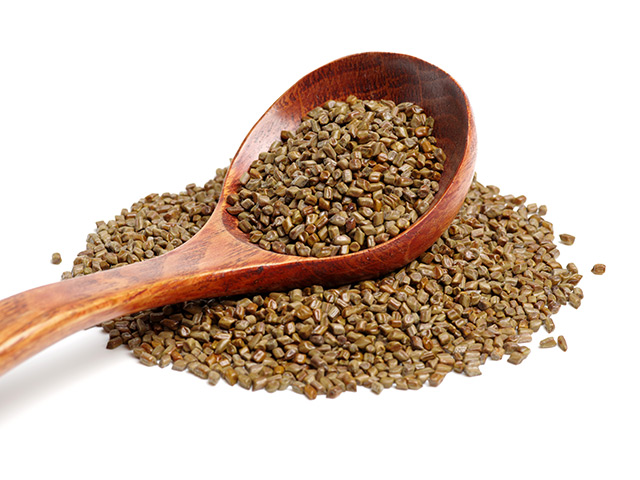Food allergies have tripled in 10 years: Is the Western diet the cause?
12/21/2017 / By Michelle Simmons

Cases of food allergies have tripled in the past 10 years, and the Western diet could be the cause, according to new research published in The Daily Mail.
Researchers from the non-profit organization FAIR Health carried out an analysis of private health insurance claims records from 2007 to 2016. Their study showed that individuals who are 18 years old and above accounted for over a third of allergy insurance claims.
The researchers also found that there is an overall 377 percent spike in allergies reported in the past 10 years and that one-third of the food allergies were caused by “other specific foods” — a category where foods were unknown. Meanwhile, the main foods that trigger severe allergic reactions, known as anaphylaxis, were peanuts and tree nuts and seeds. The highest increase was noted in tree nuts and seeds with 603 percent, while allergy in peanuts increased by 445 percent.
They also found that the diagnoses were more common in young boys compared to girls, but in adulthood, more women develop food allergies than men. (Related: Are your food allergies a result of lifestyle choices? Nearly half of people experience their first reactions after reaching adulthood.)
The results made researchers believe that changes to the contents of food or the Western diet, which is high in red meat, over-refined sugars, preservatives, and calories found in junk food, may be a contributing factor to the surge in food allergies.
The cause of the surge in allergies can be associated with genetics, environment, and changes in food manufacturing, according to the researchers.
“We think this shows definitive evidence for a dramatic rise in the number of severe, systemic, and life-threatening food-allergic reactions that children and adults across the country experience every day,” James Baker, CEO of the non-profit organization Food Allergy Research & Education (FARE), told Allergic Living, as cited by The Daily Mail.
They also found that food allergy diagnoses both increased in urban and rural areas, but the fastest increase in food allergies was observed in urban regions than in rural ones. Furthermore, insurance claims with food allergy diagnoses increased by 110 percent in rural communities, in comparison with the 70 percent increase in urban areas.
“People around the world, as incomes go up, choose more calories and meat in their diet,” David Tilman, a University of Minnesota professor, told CNN, as cited by The Daily Mail.
More on food allergy
Food allergy is defined as an abnormal response to a food triggered by the immune system. The symptoms of food allergy include itching or swelling in the mouth, vomiting, diarrhea, or abdominal cramps and pain, hives or eczema, tightening of the throat and difficulty in breathing, and drop in blood pressure. It can be deadly and may need the attention of a healthcare professional, but there are cases when its symptoms can be treated at home. Here are some remedies for food allergies.
- Bananas – Bananas are helpful for reducing the symptoms of allergic reactions to food, such as skin rashes and stomach discomfort.
- Castor oil – Castor oil is known for enhancing the strength and resistance of the stomach to different food items. It helps reduces the severe effects of an allergic reaction as it coats the stomach.
- Limes – This citrus fruit’s juice, when mixed with water and honey, can detoxify the body. This can avoid confusion in the immune system and prevent problems with protein digestion.
- Acupuncture – Acupuncture can help the body restore the natural balance of the body, metabolic functions, and immune system responses.
Read more stories on disease prevention at Prevention.news.
Sources include:
Tagged Under: allergy, food, food allergies, food allergy, health, ingredients, Peanuts, seeds, toxins, tree nuts, western diet




















